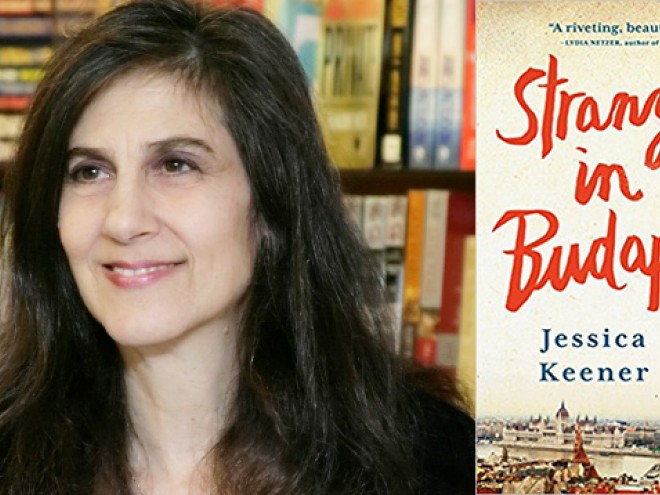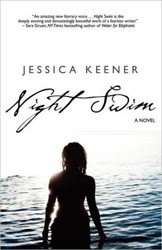In the opening paragraphs of this moody and captivating novel, Annie, an American living in Budapest, looks down at the Danube River. She prefers to call it by its Hungarian name — Duna — the sound of the word “light on her tongue, fanciful and upbeat, a spirit rising.” But Annie’s Budapest is a place full of ghosts, and, like everything else in in the city, “the river that glittered at night concealed a darker surface under the day’s harsh sun.”
Much in this story, it turns out, is concealed under the surface — though all will be revealed in time. The novel concerns a young American family a long way from home and adrift in the perplexing eastern European capital. It is 1995, only a few years after the end of Communism, and Budapest is the “newest darling of capitalism in the Western world.” Annie’s husband, Will, is there for the potential entrepreneurial opportunities: shaking off forty years of Russian occupation (the last troops only left in 1991), newly-independent Hungary is opening itself up to any and all kinds of foreign investments. Everyone is talking about huge amounts of money, though it’s unclear if anything is actually happening, or if it’s all just talk. Will takes meetings with potential clients and business partners, small-town mayors and middle-men, but so far, nothing has materialized. But the Hungarians, Annie notes, “weren’t easy in business. They took their time — time that Americans couldn’t fathom.”
Annie, for her part, is unfulfilled and increasingly frustrated after eight months in the city. She is also searching for something, though she’s not sure exactly what: A new life? A fresh start? She cares for her recently-adopted four-month-old, Leo; she flirts with the idea of working with Budapest’s Gypsy community; she attempts friendships with locals as well as expats, but finds one group as impenetrable as the other.
When a letter arrives from a neighbor back in Boston asking Annie and Will to check in on a friend, Annie’s life begins to take a series of increasingly murky turns. The friend is Edward Weiss, an elderly, broken American living alone in Budapest under somewhat secretive circumstances . Annie is drawn to Edward almost immediately and the conversations between the two provide the book with some of its most honest, brutal scenes.
As the mystery surrounding Edward unfolds, Annie is pulled deeper and deeper below that glittering surface. Past events — from the liberation of the concentration camps after World War II, to the Hungarian Revolution of 1956, to more personal tragedies — haunt all of the characters in this novel in different ways, and Keener does an excellent job of tying these threads together into an emotional, unpredictable, and often riveting story.
Most impressive, however, is Keener’s Budapest, a rough-edged, darkly beautiful city rushing into the future. It makes for an ideal place in which to explore themes of loss, love, and the courage required to come to terms with the past — courage that “was easy to ponder as long as you didn’t have to do anything about it,” Annie thinks at one point. But in order to leave the past behind, Keener seems to suggest, one must be prepared to confront it head-on.
Jonathan Arlan is a writer and editor currently based in Kansas City. He is the author of the recently published travel memoir Mountain Lines: A Journey through the French Alps.




